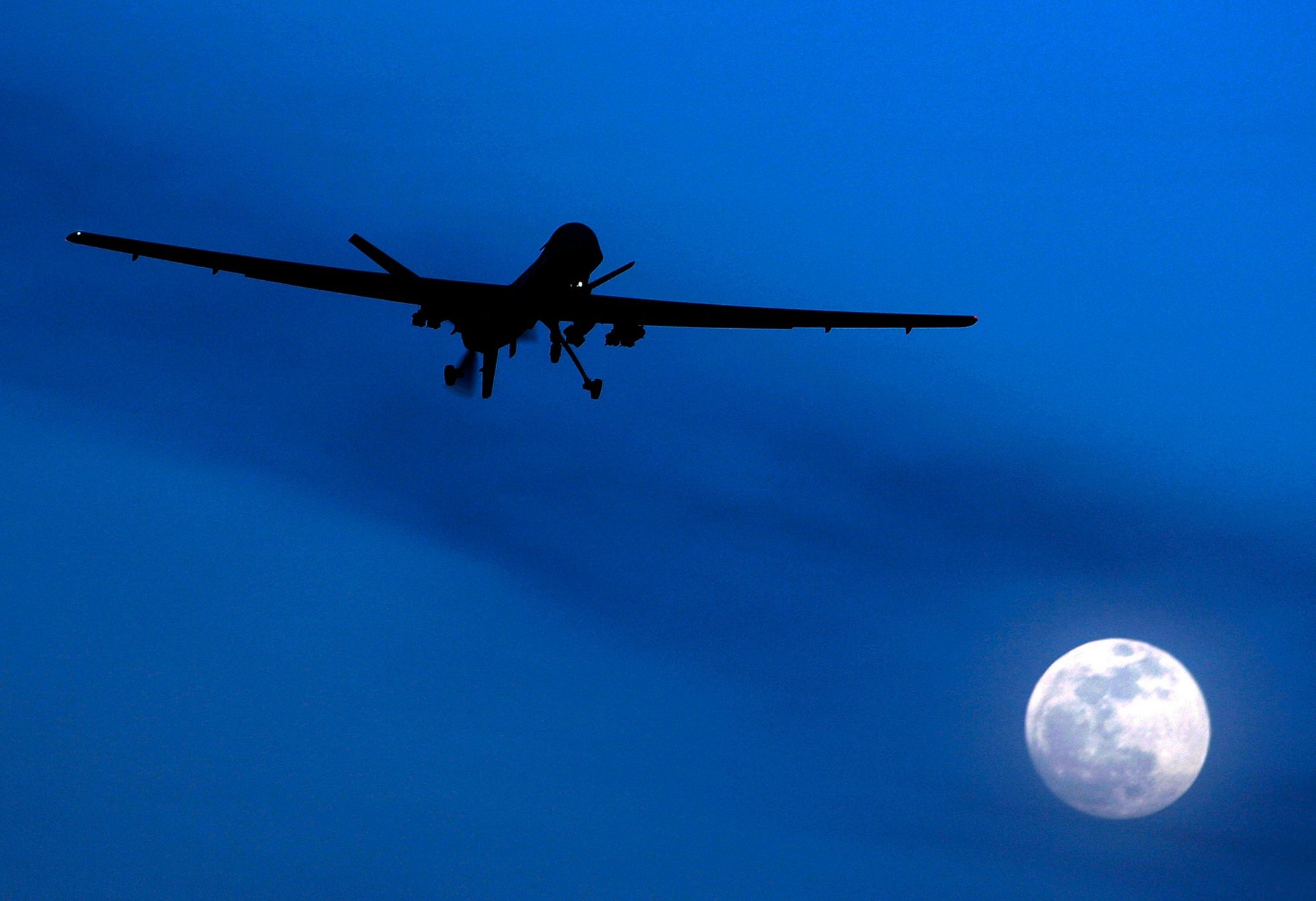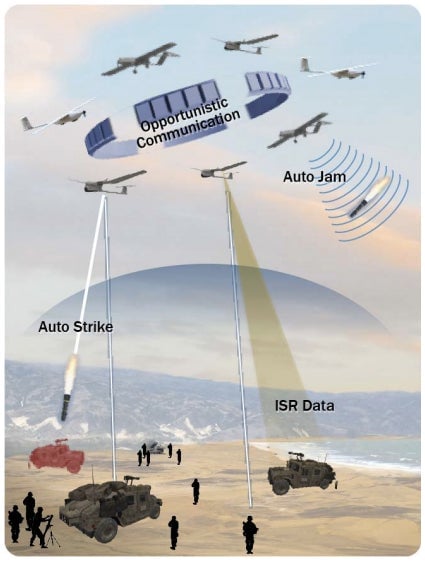The US government seriously wants to weaponize artificial intelligence
Human-robot strike teams, autonomous land mines, and covert swarms of minuscule robotic spies: the US Department of Defense’s idea of the future of war seems like a sci-fi movie.


Human-robot strike teams, autonomous land mines, and covert swarms of minuscule robotic spies: the US Department of Defense’s idea of the future of war seems like a sci-fi movie.
In a report that dreams of new ways to destroy adversaries and protect American assets in equal portions, the DOD’s science research division cements the idea that artificial intelligence and autonomous robotic systems will be a crucial part of the nation’s ongoing defense strategy.

US military already uses a host of robotic systems in the battlefield, from reconnaissance and attack drones to bomb disposal robots. However, these are all remotely-piloted systems, meaning a human has a high level of control over the machine’s actions at all times.
The new DOD report sees tactical advantages from humans and purely self-driven machines working together in the field. In one scenario, a swarm of autonomous drones would flock above a combat zone to jam enemy communications, provide real-time surveillance of the area, and autonomously fire against the enemy. Another more mundane suggestion takes a page from Amazon’s book, and bring robotic warehouses into the military supply chain.
The US military also hopes to design artificially intelligent cybersecurity software that will be able to detect and react to threats before humanly possible. That sort of thing isn’t that far from reality: at DARPA’s Grand Cyber Challenge earlier this summer, seven autonomous hacking servers tried to attack each other while simultaneously patching their own defenses. The new report recommends a competition in which contestants would be rewarded specifically for their defense systems, since autonomous vehicles and robotics would be prone to hacking or deception.
According to the report, AI warfare is inevitable, and the DOD needs to start investing in the field. Otherwise, they could be outpaced by Silicon Valley and, worse, potential adversaries abroad. ”It should not be a surprise when adversaries employ autonomy against U.S. forces,” the report says.